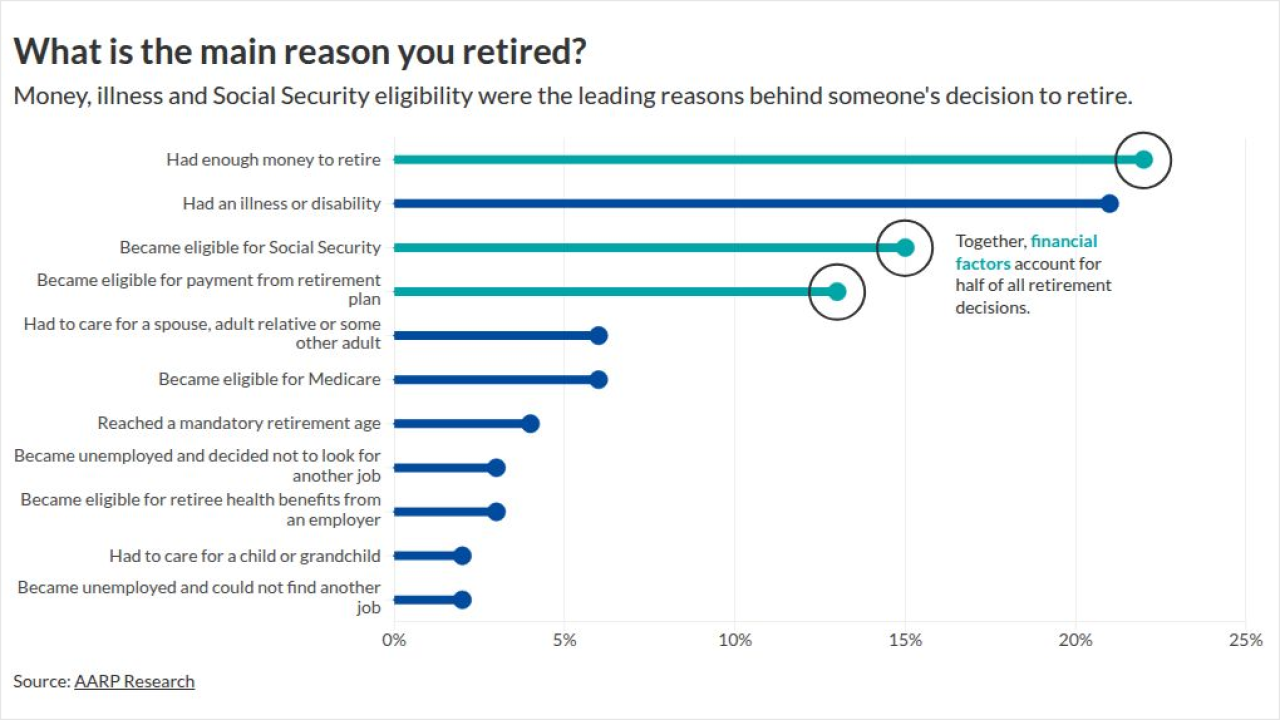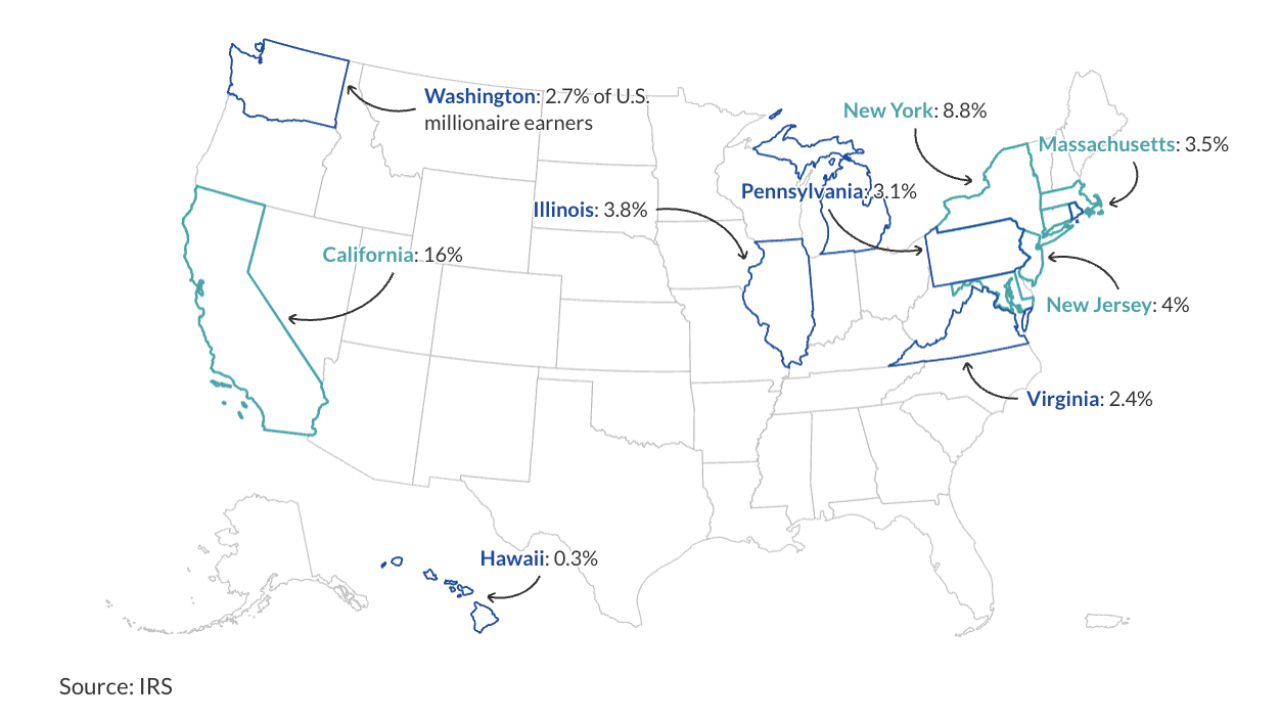Want unlimited access to top ideas and insights?
Q: We’re having a debate in my office regarding whether we can rely on the outside, unaffiliated investment advisors we work with to perform the anti-money laundering due diligence of clients. Can you shed some light on whether we can and, if so, when?
A: On Dec. 12, 2016, the SEC issued a no-action latter in response to a request from SIFMA addressing when and how a broker-dealer can rely on an investment advisor to perform some or all of its obligations under the customer identification program (CIP) rule.
At issue is the CIP Rule’s provision that BDs can rely on “other financial institutions” to perform the customer identification requirements if, among other things, the other financial institution is subject to the Anti-Money Laundering rule (31 U.S.C. 5318(h). Since RIAs are not (as yet) subject to the AML rule , the no-action letter provides that a BD may treat investment advisors as if they were subject to the AML rule, as long as the other provisions of the CIP Rule are met.
Those provisions state that: (1) the BD's reliance on the investment advisor is reasonable; (2) the investment advisor is U.S.-based and registered with the SEC; and (3) the investment advisor enters into a contract with the BD.
In that agreement, the investment advisor agrees that: (a) it has its own anti-money laundering program consistent with the AML rule; (b) it will perform the BD’s customer identification program consistent with the 2001 anti-terrorism act; (c) it will promptly disclose to the BD potentially suspicious or unusual activity so that the BD may file a suspicious activity report; (d) it will certify annually to the BD that the representations remain accurate and that it is in compliance therewith; and (e) that it will promptly, upon request, provide its books and records relating to its CIP to the SEC, a self-regulatory organization with jurisdiction over the BD, or an authorized law enforcement agency.

The SEC expects the BD to perform due diligence on the investment advisor at the start of the relationship — and update periodically as appropriate — as to the money laundering risk presented by the advisor and the advisor's clients.
It’s important to remember that the BD and advisor must have a written contract that spells this all out. I’ve seen many cases in which the BD either did not have a contract that included these provisions or where the investment advisor was unaware that their contract made the advisor responsible for compliance with the CIP requirements. Either way, ensure that both you and the advisor are on the same page.





